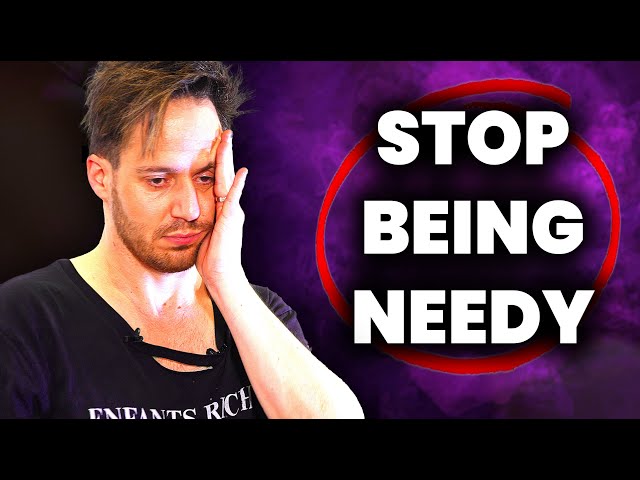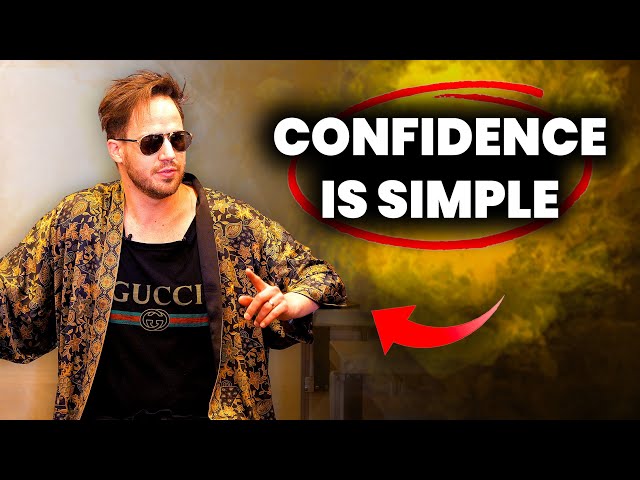Recognizing the Toxic Toolkit
Ever felt the sting of gossip, manipulation, or negativity?
It’s no accident—some people knowingly or unknowingly rely on toxic behaviors to fuel their insecurities and hold others back.
The good news? Once you learn to spot these patterns, you can stop them in their tracks and free yourself from their influence.
1. Triangulation
This toxic tool thrives on gossip and division.
Imagine someone bonding with you by tearing down another person behind their back.
⚠️ Red flag: If they’re gossiping to you, chances are they’ll gossip about you, too.
2. Gaslighting
Gaslighting is all about making you doubt your reality.
- “Are you sure you’re not overreacting?”
- “You never said that—don’t you remember?”
These tactics twist the truth and keep you questioning yourself.
3. Feeding on Negativity
Some people thrive on drama, anger, and fear.
⚠️ Watch for this: They’ll light up when there’s chaos but show little enthusiasm for your successes.
4. Passive Aggression
Instead of expressing themselves openly, passive-aggressive people will leave you guessing.
Example: “Are you okay?”
Their response? “Yeah, I’m fine…” (but their tone and actions say otherwise).
5. Living Against Instead of For
Rather than working toward their own goals, some people find their purpose in opposing others.
Their energy goes into tearing others down, not building themselves up.
6. Scarcity and Competition
They see life as a zero-sum game—your success feels like their loss.
But true collaboration creates wins for everyone.
7. Blaming Instead of Owning
For some, life is always happening to them.
- Problems are external.
- Solutions are ignored.
They stay trapped in a victimhood cycle, blaming others instead of taking responsibility.
8. Ego Overdrive
The overactive ego craves status, approval, and power—no matter the cost.
These people often bring others down to feel better about themselves.
How to Rise Above Toxic Patterns
1. Start with Awareness
The first step in dealing with toxic people is recognizing these behaviors in yourself and others.
When you catch these patterns, pause and choose a different response.
2. Celebrate Others’ Success
Someone else’s win doesn’t diminish yours.
Be genuinely happy for others—it builds collaboration and mutual growth.
3. Communicate Directly
Tired of mind games? Be clear and honest in your communication.
Directness breaks through passive-aggressive barriers.
4. Let Go of External Validation
You are enough as you are—success, approval, and accolades are secondary.
When you stop needing validation, you free yourself from the strings toxic people pull.
The Ultimate Antidote: Letting Go
Toxic behaviors thrive on fear, insecurity, and approval-seeking.
The moment you let go of chasing approval—or fearing disapproval—you break free from their game.
- No more being controlled by others’ opinions.
- No more shrinking yourself to avoid judgment.
Are You Ready to Let Go?
It’s time to reclaim your energy, your confidence, and your life.
The next time toxic behavior shows up—whether in someone else or within yourself—pause, recognize it, and make a different choice.
Because true freedom isn’t about changing them; it’s about changing how you respond.
Frequently Asked Questions (FAQs)
What are the signs of toxic behavior in someone?
Common signs include gossiping, gaslighting, passive aggression, excessive negativity, and an inability to take responsibility for their actions.
How can I set boundaries with toxic people?
Be clear and assertive. Communicate your limits directly and stick to them. Practice saying “no” without guilt.
What if the toxic person is a close family member?
Focus on setting boundaries while maintaining a respectful distance. Seek support from friends or professionals if needed.
Can I change a toxic person?
You can’t change anyone—they have to want to change themselves. The best approach is to protect your peace and model healthy behavior.
How can I avoid becoming toxic myself?
Practice self-awareness and accountability. Reflect on your actions, communicate openly, and focus on collaboration instead of competition.


